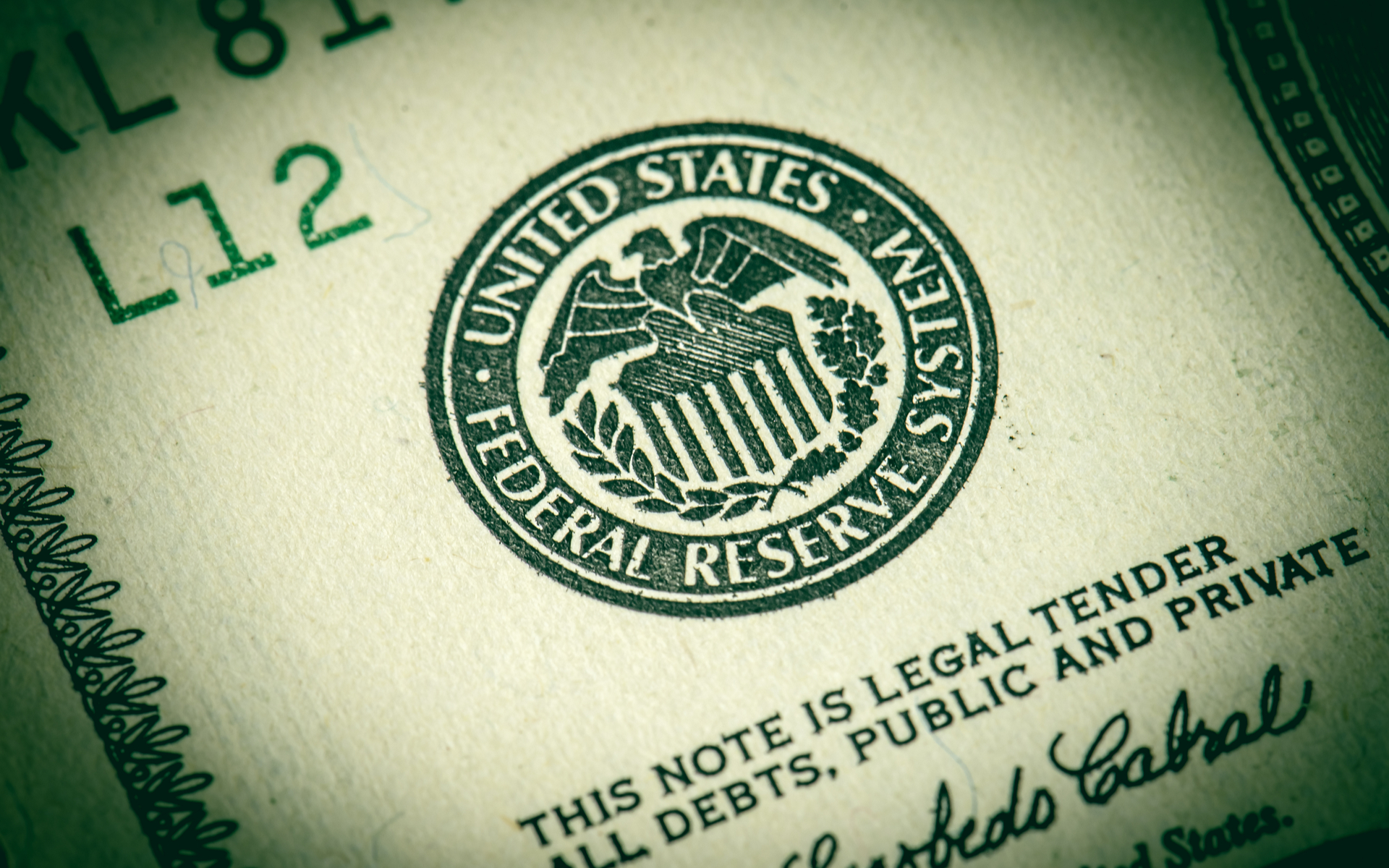PALO ALTO, Calif. (Reuters) - The Federal Reserve is looking at a broad range of concerns around digital payments and currencies, including policy, design and legal factors to consider around possibly releasing its own digital currency, Governor Lael Brainard said on Wednesday. Brainard's remarks suggest more openness to the Go to this site possibility of a Fed-issued digital coin than in the past." By changing payments, digitalization has the potential to deliver greater value and benefit at lower expense," Brainard stated at a conference on payments at the Stanford Graduate School of Company.
Reserve banks internationally are debating how to manage digital financing technology and the dispersed journal systems utilized by bitcoin, which guarantees near-instantaneous payment at potentially low expense. The Fed is establishing its own day-and-night real-time payments and settlement service and is presently evaluating 200 comment letters submitted late in 2015 about the Click to find out more proposed service's style and scope, Brainard said.
Less than 2 years ago Brainard informed a conference in San Francisco that there is "no engaging showed need" for such a coin. However that was before the scope of Facebook's digital currency ambitions were extensively known. Fed officials, including Brainard, have actually raised concerns about customer protections and data and privacy threats that might be posed by a currency that might come into use by the 3rd of the world's population that have Facebook accounts.
" We are working together with other reserve banks as we advance our understanding of reserve bank digital currencies," she said. With more countries checking out providing their own digital currencies, Brainard said, that adds to "a set of factors to also be making sure that we are that frontier of both research study and policy advancement." In the United States, Brainard stated, issues that need research study include whether a digital currency would make the payments system much safer or easier, and whether it could posture financial stability threats, consisting of the possibility of bank runs if money can be turned "with a single swipe" into the reserve bank's digital currency.
To counter the monetary damage from America's unmatched nationwide lockdown, the Federal Reserve has taken unmatched actions, including flooding the economy with dollars and investing straight in the economy. Most of these moves received grudging acceptance even from numerous Fed doubters, as they saw this stimulus as required and something only the Fed could do.
My new CEI report, "Government-Run Payment Systems Are Unsafe at Any Speed: The Case Versus Fedcoin and FedNow," information the threats of the Fed's current strategies for its FedNow real-time payment system, and propositions for main bank-issued cryptocurrency that have actually been dubbed Fedcoin or the "digital dollar." In my report, I go over concerns about privacy, information security, currency adjustment, and crowding out private-sector competition and innovation.

Advocates of FedNow and Fedcoin say the federal government should produce a system for payments to deposit quickly, rather than motivate such systems in the private sector by lifting regulatory barriers. However as kept in mind in the paper, the economic sector is offering an apparently limitless supply of payment innovations and digital currencies to resolve the problemto the level it is a problemof the time space between when a payment is sent and when it is received in a savings account.
And the examples of private-sector innovation in this location are lots of. The Cleaning Home, a bank-held cooperative that has been routing interbank payments in different types for more than 150 years, has actually been clearing real-time payments because 2017. By the end of 2018 it was covering half of the deposit base in the U.S.